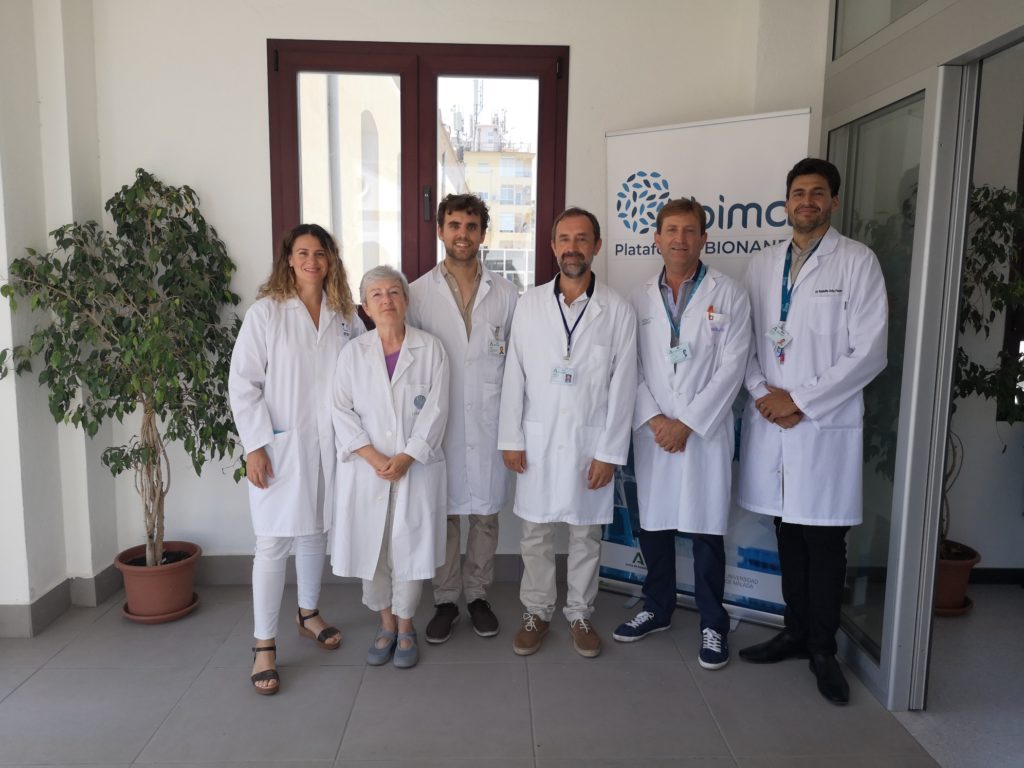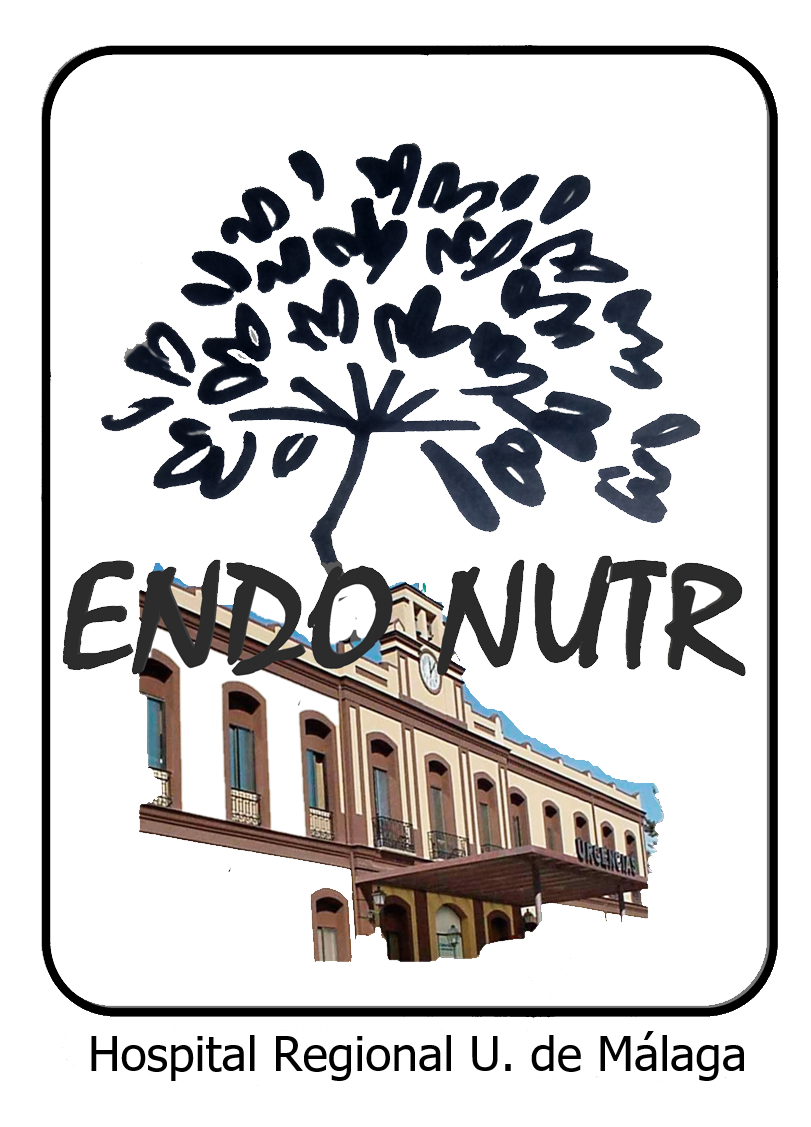
The results of the recent study, conducted by researchers from IBIMA Bionand Platform, Regional University Hospital of Malaga, University of Malaga, Institute of Fats from Seville, who are also members of the CIBER of diabetes and associated metabolic diseases (CIBERDEM), published in the prestigious international journal Clinical Nutrition, demonstrate that consuming Extra Virgin Olive Oil (EVOO) with high content of bioactive compounds oleocanthal and oleacein has potential health benefits.
Named APRIL, this nutritional intervention trial was conducted on individuals with obesity and prediabetes. It involved substituting the regular oil consumed in their households with extra virgin olive oil high in oleocanthal and oleacein, or with common olive oil (a blend of refined olive oil and extra virgin olive oil, in a ratio of 90:10).
The results of the APRIL study demonstrate that just one month of consuming oil rich in oleocanthal and oleacein, without the need to modify the amount of oil ingested or make other changes to the diet or physical activity, was sufficient to induce metabolic improvements such as weight loss, reduced body mass index, and lower fasting blood glucose levels. None of these benefits were observed after consuming common olive oil.
Furthermore, the consumption of oil rich in oleocanthal and oleacein has shown beneficial effects on health by increasing antioxidant defenses in the blood and reducing markers of oxidative stress and inflammation. These processes are related to metabolic disturbances present in obesity, such as insulin resistance and damage to key pancreatic cells. By reducing these negative effects, the consumption of this type of oil could contribute to preventing diseases such as diabetes, metabolic syndrome, fatty liver, and cardiovascular diseases.
Javier Bermúdez, a researcher from IBIMA Bionand Platform and the Regional Hospital of Malaga and coordinator of this study, explains that “oleocanthal and oleacein are two specific types of phenolic compounds present in not all olive varieties, and their quantity differs depending on various factors such as soil type, rainfall regime, and harvesting date. It is necessary to clarify that common olive oil, a blend of refined and virgin olive oil, has very low levels of these phenolic compounds due precisely to the industrial refining process, which eliminates them.”
Yanina Romero, another researcher from IBIMA Bionand Platform and the University of Malaga, points out that “despite the existence of studies in cellular and animal models that have shown powerful anti-inflammatory and antioxidant effects of oleocanthal and oleacein, they have hardly been investigated in humans. This study is the first to assess the effect of these phenolic compounds on individuals with obesity and a high risk of developing diabetes.”
Based on these results, the consumption of extra virgin olive oils with high content of oleocanthal and oleacein is proposed as a new nutritional tool to improve health and prevent the development of diabetes in people with obesity and other associated risk factors, such as prediabetes.
This study was funded by the Health and Families Department of the Andalusian Regional Government and the Carlos III Health Institute of the Ministry of Health, with the support of the University of Malaga, CIBERDEM, Regional Hospital of Malaga, IBIMA Bionand Platform, Institute of Fats, the Andalusian Society of Oleocanthal, and the Oleocanthal International Society.
APRIL has been awarded the 2022 Obesity Research Award by FSEEN (Foundation of the Spanish Society of Endocrinology and Nutrition), the 2022 award for one of the six best Nutrition Research Projects by the SENPE Foundation (Foundation of the Spanish Society of Clinical Nutrition and Metabolism), and the 2021 award for the best Hepatic Metabolism Project by SANCYD-VEGENAT (Andalusian Society of Clinical Nutrition and Dietetics).
Open access article:
https://doi.org/10.1016/j.clnu.2023.06.027
About IBIMA Bionand Platform:
The Biomedical Research Institute of Malaga and Nanomedicine Platform is the reference institution for scientific research and innovation in the field of biomedicine in the province of Malaga. Its goal is to contribute to the advancement of knowledge and the development of new therapies and diagnostic techniques to improve the health and well-being of society. IBIMA Bionand Platform has top-notch research groups and equipment, positioning itself as a benchmark in biomedical research at the national and international levels. For more information, visit www.ibima.eu.
